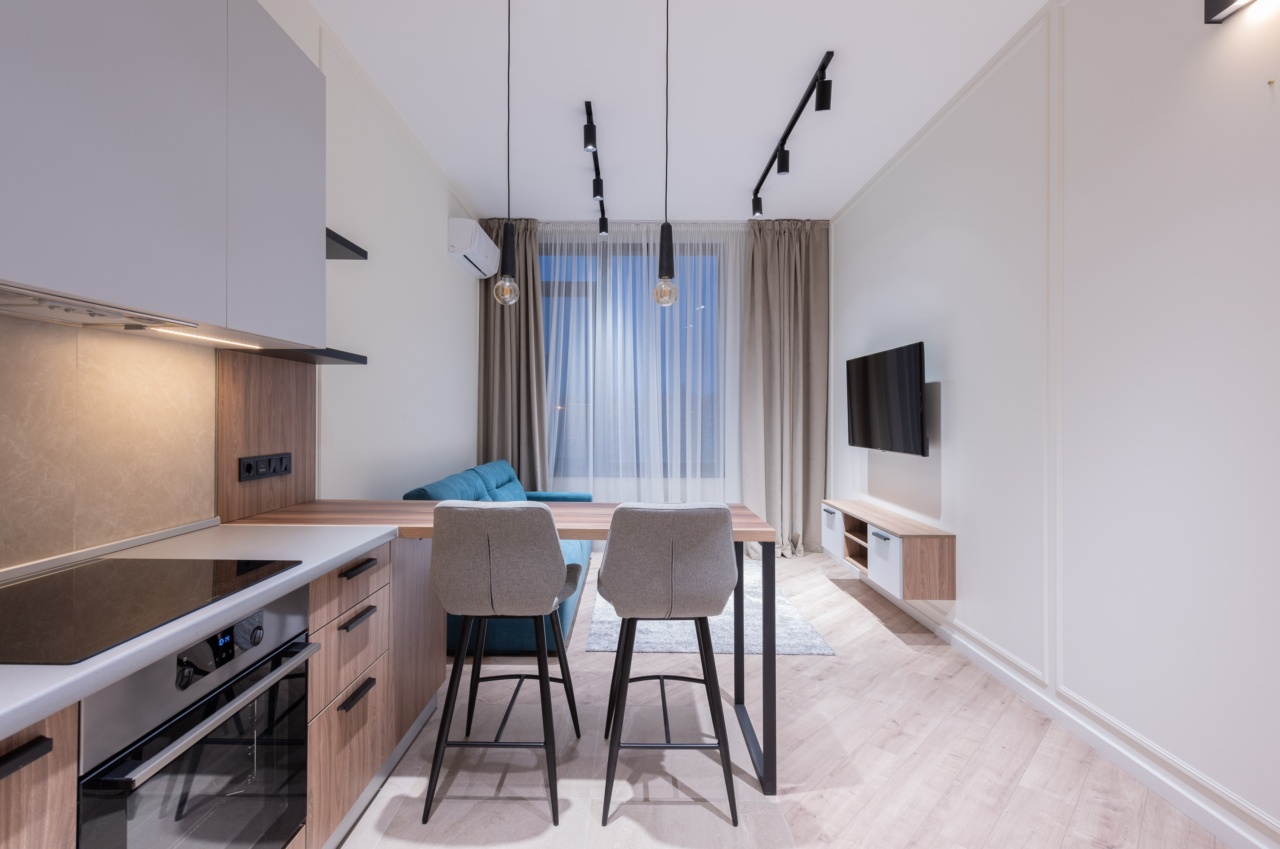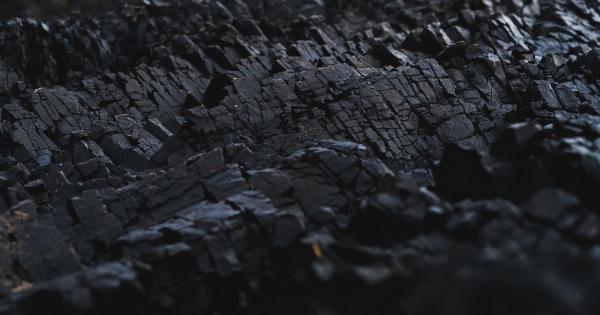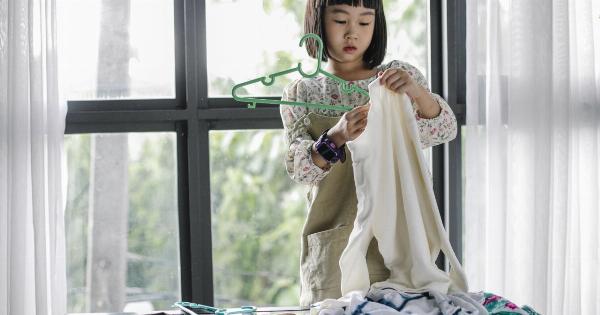As the temperatures rise during the summer months, many people turn to their air conditioning units to keep cool and comfortable. However, your air conditioner could be putting you and your family at risk without you even realizing it.
In this article, we’ll explore some of the hidden dangers of air conditioners and provide tips on how to stay safe.
1. Mold and Bacteria Buildup
One of the biggest risks associated with air conditioners is mold and bacteria buildup. Any appliance that utilizes water is at risk of developing mold and bacteria, and air conditioners are no exception.
The moist environment created by air conditioners makes them a prime breeding ground for these harmful pathogens. When you turn on your air conditioner, it can quickly spread these particles throughout your home, leading to respiratory problems and other health issues.
2. Airborne Allergens
Another risk associated with air conditioners is airborne allergens. As air circulates through the unit and into your home, it can pick up dust, pollen, pet dander, and other allergens.
If these particles are not filtered out by your air conditioner, they can exacerbate allergies and asthma symptoms, leading to respiratory distress and other health problems.
3. Chemical Exposure
Many air conditioning units utilize chemicals such as Freon to cool the air. These chemicals can be harmful if they leak into your home. Exposure to these chemicals can lead to shortness of breath, coughing, dizziness, and other health problems.
It’s important to have your air conditioner inspected regularly to ensure that it is functioning properly and that there are no leaks.
4. Electrical Hazards
Like any electrical appliance, air conditioning units can pose a risk of electrical shock and fire. To reduce this risk, it’s important to have your unit inspected by a qualified technician and to follow the manufacturer’s instructions for use.
Keep flammable materials away from your unit and avoid using extension cords or multiple plugs to power your unit.
5. Carbon monoxide poisoning
In rare cases, carbon monoxide poisoning can occur from malfunctioning air conditioning units. This gas is odorless and colorless, making it difficult to detect. Symptoms of carbon monoxide poisoning include headache, nausea, dizziness, and confusion.
It’s important to have your unit inspected regularly to ensure that there are no leaks that could release carbon monoxide into your home.
6. Improper Installation
Improper installation of air conditioning units can lead to a host of problems, including leaks, poor performance, and increased energy costs.
It’s important to have your unit installed by a qualified technician who is experienced in working with your particular brand and model of air conditioner. This will ensure that your unit is installed safely and correctly.
7. Poor Indoor Air Quality
Finally, air conditioning units can contribute to poor indoor air quality if they are not properly maintained.
This can lead to an accumulation of dust, dirt, and other particles that can make breathing difficult and exacerbate allergies and other respiratory problems. Regular maintenance and cleaning of your air conditioner can help to improve indoor air quality and reduce the risk of health problems associated with poor air quality.
How to Avoid the Risks
Now that you’re aware of the risks associated with air conditioners, here are some tips on how to avoid them:.
- Regularly maintain and clean your air conditioner.
- Replace the filters in your air conditioning unit on a regular basis.
- Have your unit inspected by a qualified technician at least once a year.
- Avoid using extension cords or multiple plugs to power your unit.
- Keep flammable materials away from your air conditioning unit.
- Ensure that your unit is properly installed by a qualified technician.
- Consider investing in an air purification system to improve indoor air quality.
Conclusion
Air conditioning units are essential for staying cool and comfortable during the summer months, but they do come with risks.
By following the tips outlined in this article, you can reduce your risk of exposure to harmful pathogens, allergens, and chemicals, and stay safe while enjoying the benefits of your air conditioner.





























